
Visitors check healthcare equipment at Haier's booth during an expo in Shanghai. (Photo provided to China Daily)
Major Chinese home appliance manufacturers are ratcheting up efforts to make forays into the healthcare segment, in a bid to seek new sources of revenue amid sluggish growth in the country's household appliance industry.
Beijing-based healthcare company Willingmed completed a B-round investment of over 100 million yuan ($14.5 million), while Syneron Technology (Guangzhou) Co Ltd announced a pre-A-round of investment of more than $10 million. The investors are Haier Capital under Chinese home appliance giant Haier and the investment subsidiary of Zhuhai, Guangdong province-based home appliance maker Gree Electric Appliances, respectively.
Incomplete statistics from VBData.cn, a Chongqing-based healthcare service platform, showed that in the past two years, Haier and Gree invested in 17 healthcare companies.
Likewise, in the past decade, home appliance giants from home and abroad, including General Electric, Siemens, Royal Philips Electronics, Midea Group Ltd and Hisense Group, made inroads into China's healthcare sector.
Founded in 2005, Haier Biomedical, a subsidiary of Haier Group, focuses on the design, manufacturing and sales of low-temperature storage equipment for biomedical samples.
The company has stepped up efforts to achieve real-time tracking and monitoring of low-temperature storage products by leveraging the internet of things, or IoT, technology. IoT refers to the network of connected devices equipped with sensors, software or other technologies to connect and exchange data via the internet.
Inkon Life, another subsidiary of Haier Group that provides tumor radiation therapy equipment and tumor medical care services, said its total revenue stood at 1.16 billion yuan in 2022, up 6.09 percent year-on-year.
Its medical equipment has been applied in more than 600 grade A tertiary hospitals nationwide and sold in 80 countries and regions, such as the United States and Europe.
Inkon Life will continue to increase investment in the healthcare sector and accelerate its layout in the whole industrial chain covering diagnosis, treatment and rehabilitation of tumors, the company said.
Dong Mingzhu, chairwoman of Gree, said in 2020 that the company will invest 1 billion yuan to make high-end medical equipment and tap the healthcare industry.
With an investment of 20 million yuan, Zhuhai Gejian Medical Science &Technology, a subsidiary of Gree, was established in February 2020 to produce masks, thermometers and personal protective equipment.
In addition, Gree set up another two subsidiaries in 2020, which are located in Chengdu, Sichuan province and Tianjin, engaging in the manufacturing, sales and operations of medical devices.
In 2017, Midea spent 29.2 billion yuan to acquire German medical robot company Kuka AG. In February 2021, it invested 2.3 billion yuan in medical imaging company WDM. A month later, it founded Midea Biomedical Co Ltd, a subsidiary manufacturing biomedical products.
"The strategies of home appliance makers entering the healthcare sector are alike. On one hand, they invest and acquire other healthcare companies; on the other hand, they find opportunities to establish healthcare companies of their own. No matter the ways, the effort is immeasurable. In addition to investing a huge amount of money, the corresponding crew also needs to be equally invested," said Mou Lei, an analyst at VBData.cn.
Mou said that with years of rapid development, the growth of China's home appliance market has slowed. Data from home appliance research firm All View Cloud showed that sales in China's home appliance market in 2019 dropped 3.6 percent year-on-year, and declined 11.3 percent on a yearly basis in 2020.
"China's home appliance companies need to expand a second growth curve, and the high gross profit of medical devices is a strong incentive for the overall business of home appliance companies," Mou said.
However, he added that home appliance makers should step up efforts to make breakthroughs in the healthcare sector.
"Currently, China's healthcare sector is entering a crucial stage where the industry bubble is gradually deflating and the industrial structure is readjusting. Therefore, early investment in hard technology has become a key phrase."
Under this trend, there have been new requirements raised for investors. On one hand, it is necessary for them to have a clearer understanding of the industry and be able to find stable increments in market variables. On the other hand, they should have the ability to provide post-investment services and accompany the long-term growth of the invested enterprise," Mou said.













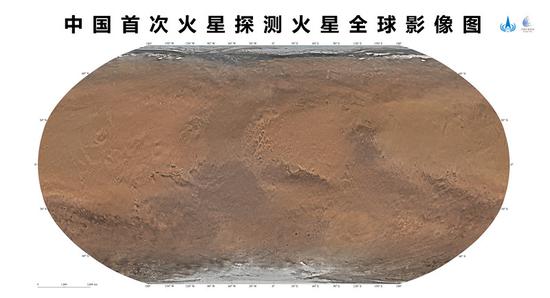



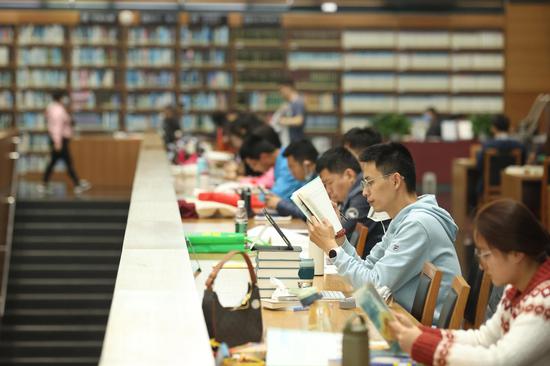







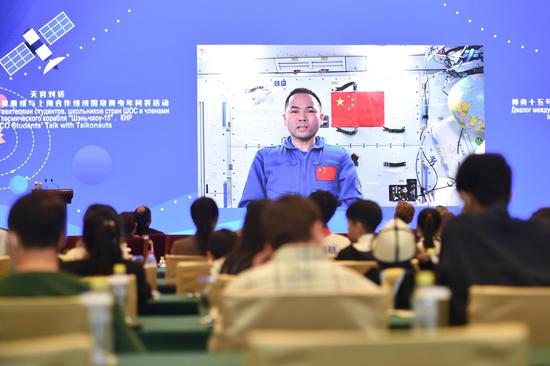







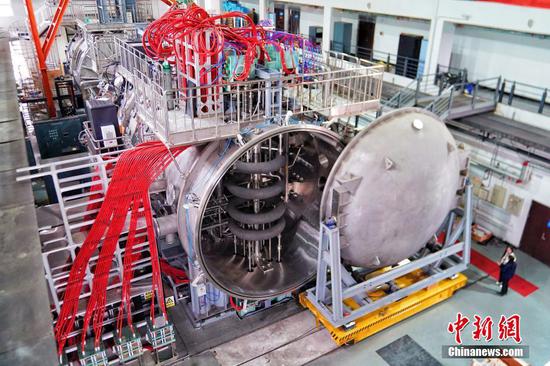
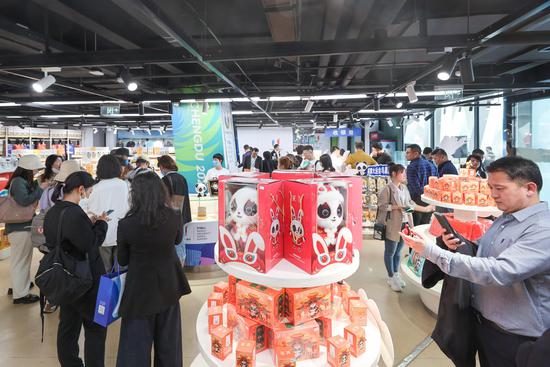















 京公網安備 11010202009201號
京公網安備 11010202009201號